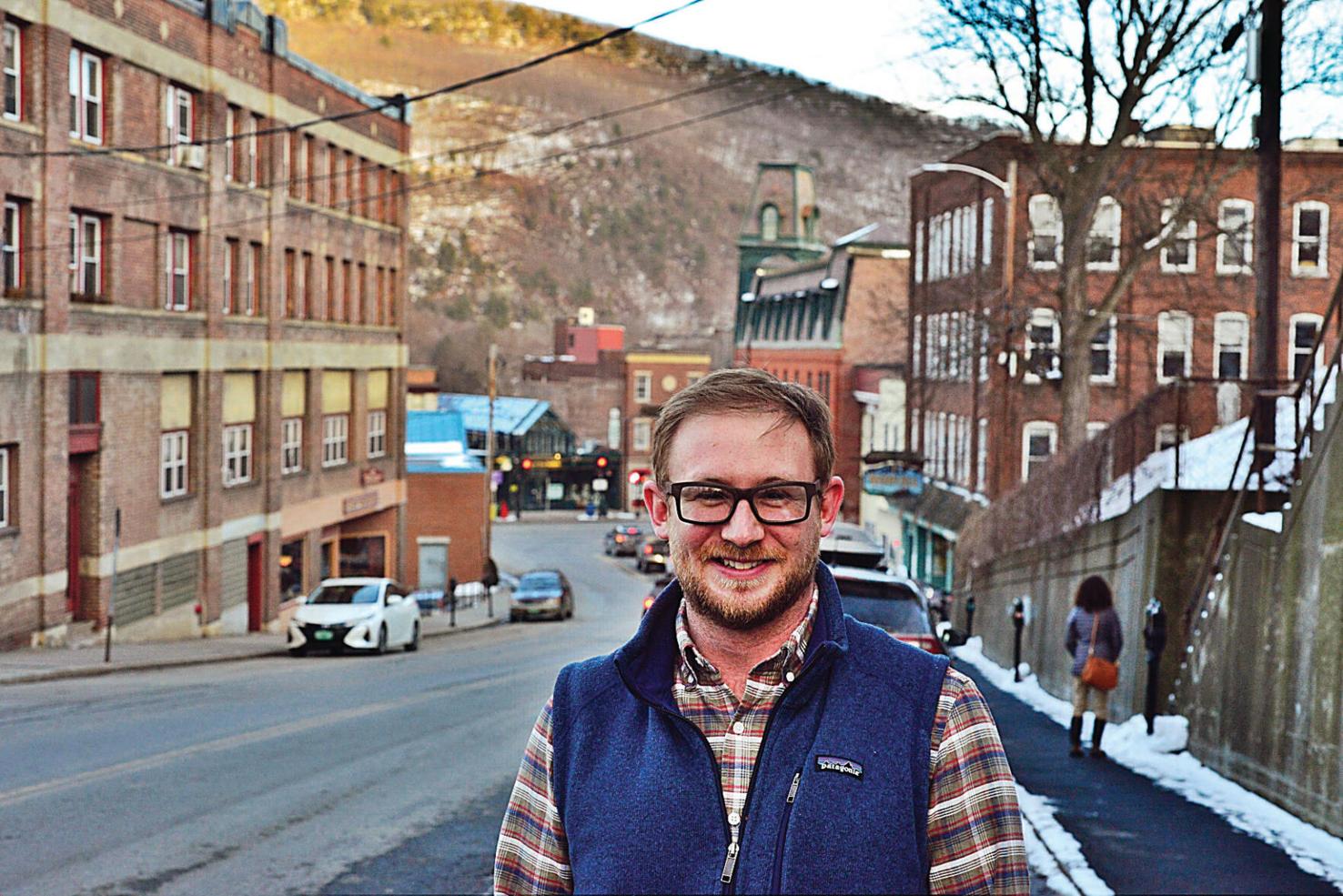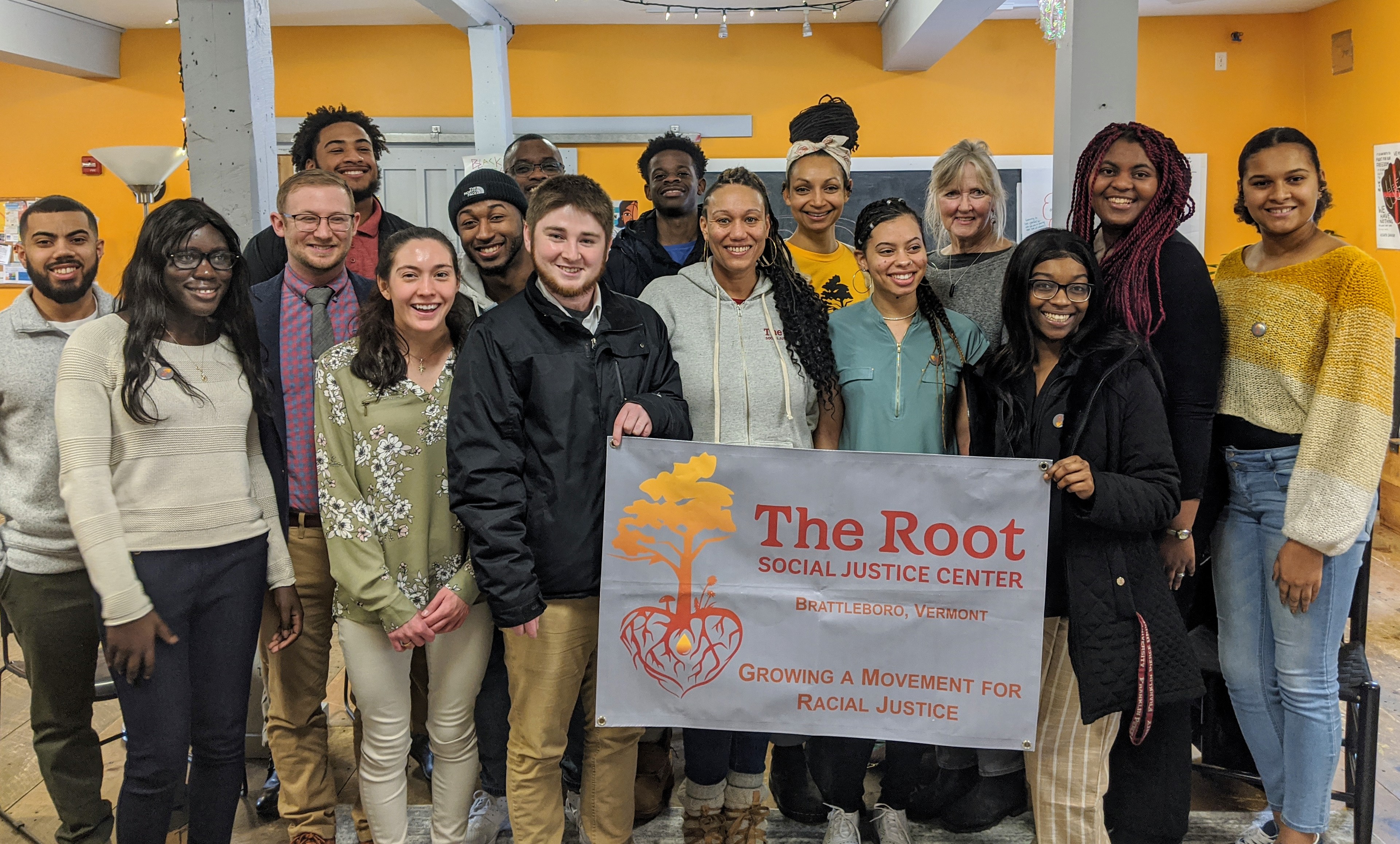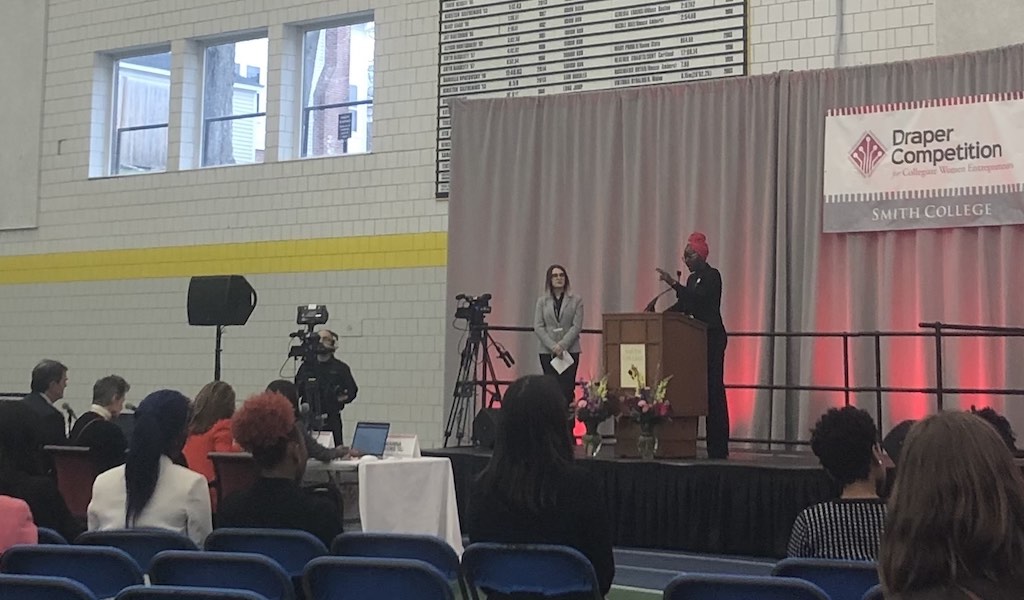
Reblog: Proposed refugee pilot program ‘welcomed’ in Brattleboro
As a part of the Welcoming Communities initiative, the BDCC has been on the forefront of welcoming the Ethiopian Community Development Council to Brattleboro as they explore refugee resettlement in our region. This is a reblog of a recent article in the Brattleboro Reformer.
Proposed refugee pilot program ‘welcomed’ in Brattleboro
Original article by Chris Mays, printed in the Brattleboro Reformer on July 1.
BRATTLEBORO — A refugee resettlement center proposed in Brattleboro is being looked at as a way to add workers, volunteers, diversity and vibrancy to the community.
“We’ve highlighted this as an initiative we’d like to see expanded,” Gov. Phil Scott said when asked about the project at his weekly news conference Tuesday. “We’ve asked for more allotment from the federal government and hopefully, we’ll be able to move forward with that.”
Scott called every aspect of the project “beneficial to Vermont.”
“We need more people, we need more diversity and I think this is a step in the right direction,” he said.
Nearly a decade ago, a workforce needs assessment by Brattleboro Development Credit Corporation showed the region had more job openings than people.
“It was a projection,” said Alex Beck, manager of Welcoming Communities at BDCC. “It was not like we knew, knew. We had a pretty good idea it would be a problem.”
Beck said he thinks the Comprehensive Economic Development Strategy his group helps assemble reflected the need in a lot of different ways — from filling jobs to seats in schools to donors for nonprofits or what he called “things that make communities communities.” The 2019 document, the most recent one, had increase in population as a top goal.
“Since, then we’ve really been invested in understanding what it takes to have a 21st century economy when it comes to people,” Beck said.
BDCC Executive Director Adam Grinold said that nationwide, immigration tends to occur in more urban-based areas. The goal of the latest project is to make sure Brattleboro has the resources, services and community that make program participants want to stay once their 90 days are up and they can move anywhere in the United State.
In 2019, BDCC formed a team to participate in the Working Communities Challenge. Beck said the challenge, issued by the Federal Reserve Bank of Boston in partnership with private groups, had to be a community-based project in Vermont involving multiple partners who come up with a plan that will lead to transformative change.
The effort focused on supporting immigration in Windham and Bennington counties but stayed “agnostic” to the pathways, said Jen Stromsen, director of programs at BDCC. The project was called Welcoming Communities because the point was to be welcoming in workplace culture, community support and other aspects of local life.
The group was happy to be one of the eight finalists which received funding but disappointed to learn it was not named in the final four in November. Beck said additional funding was passed in the most recent state budget, not explicitly for refugee resettlement, but for creating the infrastructure and regional systems to better support immigration and foreign-born residents.
Grinold also approached the BDCC board, telling its members how the important work should continue. The board agreed to fund the research.
Stromsen said by spending 10 months building partnerships and having staff consistently dedicated to the project, her group showed how much progress could be made.
Partnering with CASP
Beck called the Brattleboro-based Community Asylum Seekers Project (CASP) the “closest partner.” He said the organization has been around a few years, successfully resettling and housing asylum seekers in Windham County with two staff members and an army of volunteers.
The goal of the new project is to improve upon what CASP is doing and also serve non asylum seekers, Beck said. Part of the work started by cold calling refugee resettlement organizations — that’s how BDCC got introduced to Ethiopian Community Development Council.
ECDC works with refugees from anywhere, not just Ethiopia, Beck said.
“It’s one of nine national organizations that do refugee resettlement,” he said.
The entire immigration system in the U.S. was dismantled in the last four years during the Trump administration, Stromsen said. Now, she said, the Biden administration is “trying to rebuild.”
Refugee resettlement requires careful planning. Housing and resources must be set up beforehand, Beck said.
ECDC is asking for permission from the federal government to resettle as many as 75 people in Brattleboro. If approved, the group would meet quarterly with the state refugee office and all the community stakeholders providing services to see how things are going and the capacity for more resettlement.
BDCC would make introductions within the community then focus on the workforce development piece, Beck said. He left the interview briefly to help CASP participants — who recently lost jobs at Vermont Bread Company when the Brattleboro bakery abruptly closed due to financial issues — with interviews with Fulflex in Brattleboro.
Refugees in the resettlement program will need to be self sufficient within 90 days, Grinold said. He described hearing strong interest from mutual aid and inter-faith groups who want to help make the program succeed.
The hope is to build connections with the existing international community locally and potentially build up immigration.
Grinold pointed to School for International Training and called it an early partner in the process, one with knowledge and resources to support foreign-born residents looking to become new Americans and new Vermonters. He said SIT has a history of bringing people to the state, and training them for working and living in other countries.
“World Learning and School for International Training fully support the Ethiopian Community Development Council’s proposal to resettle refugees in the greater Brattleboro area,” World Learning CEO Carol Jenkins and SIT President Dr. Sophia Howlett said in a statement provided to the Reformer. “Our organization has a long history of supporting refugee resettlement initiatives and have seen firsthand the significant positive social and economic benefits of accepting refugees into our communities. Living our values of intercultural understanding and inclusivity in this way will help create stronger, more resilient communities. We look forward to exploring ways in which we may use our decades of experience to support and partner with ECDC in this important effort.”
After the 90-day period is up, participants in the program can move to another place. Grinold suggested surrounding communities can start to distinguish themselves and house a more diverse population, which in turn brings new perspectives to volunteer boards or organizations and schools.
“Once people understand what’s happening, it’s going to be a competition of who can be the most accommodating, who can be the most welcoming,” he said. “This is first and foremost a humanitarian effort … This is people’s lives. We are a white, rural state and it’s not going to be easy.”
Acknowledging challenges such as housing, Grinold said a silent majority will make the project work and the community will become more vibrant as a result.
Brattleboro Town Manager Peter Elwell participated in a remote meeting that ECDC recently had with local businesses, nonprofits and BDCC. The town offered its support, although how that will look hasn’t yet been defined.
“We’re very pleased to be supporting it,” Elwell said. “It’s got the economic development, workforce development piece that the governor and the BDCC have spoken clearly to in terms of the broader financial and economic benefits to our region of participating in programs like this.”
Elwell noted the project also aligns with town government’s commitment to racial and cultural diversity, and equity.
“We see it as a very positive program for our area,” he said. “The town will be an enthusiastic partner.”
He expects details regarding town government’s role to come from more communication.
Housing challenges
Elizabeth Bridgewater, executive director of Windham & Windsor Housing Trust, also attended the meeting and provided some housing data to the group.
“We have extraordinary housing challenges in this community and I think that is not going to go away any time soon,” she said. “We’re all working towards creating more housing opportunities in a variety of ways but it’s certainly not going to come to fruition by September.”
Bridgewater described being excited by the idea of having more of an international presence in Brattleboro, seeing the program as a way to add vibrancy to the community and address labor shortages. She said there tends to be a lot of turnover with the big portfolio of units her group runs but it would be difficult to have housing for a large number of people all at once.
“But there are opportunities that come up,” she said.
Josh Davis, executive director of Groundworks Collaborative, said the success of the project hinges on housing. His group works with individuals facing housing and food insecurity.
Davis said he’s a big fan of bringing people in via refugee resettlement but wants to make sure people can land on their feet and everyone is aware of the current conditions — housing is difficult to find. He noted a staffing shortage throughout the community and looks at the proposed program as part of the solution. He also sees it as a way to meet local goals of making the community more inclusive and diverse.
Jessica Chapman, director of community engagement at ECDC, said Brattleboro is a good site for the group because of the Welcoming Communities initiative and the program’s “ongoing systems work to support immigration” in southern Vermont.
“The refugee reception and placement program can support the communities’ efforts to increase demographic diversity and the size and quality of the workforce,” Chapman said in an email response to the Reformer. “SIT World Learning also makes Brattleboro a good place for the program.”
After evaluating the suitability of Brattleboro for the program, ECDC decided to include the town as a proposed site for a refugee reception and placement program in its fiscal year 2022 funding application to the U.S. Department of State, Bureau of Population, Refugees and Migration. If the proposal is accepted, ECDC will open a field office and begin the program in October.
Chapman said the group has 15 existing sites around the country and is proposing additional ones this year as part of a proposed expansion plan in anticipation of increased refugee arrivals. This week, ECDC will be meeting with Brattleboro groups interested in co-sponsorship.
“We aim to have a number of co-sponsorship groups that will work closely with ECDC staff and case managers to welcome the newcomers and help them adjust to life in their new home and become active members in their new community,” Chapman said.
The hope is to hire a staff member over the summer to work with those interested in forming co-sponsor groups to begin preparing for potential arrivals after October.
“We would like to prepare as much as possible but we also have to keep in mind that our proposal may not be accepted — it’s a balancing act,” Chapman said. “While refugee resettlement agencies have used community sponsorship to support refugee resettlement for a long-time, co-sponsorship (a form of community sponsorship) in smaller towns is relatively new, and completely new for ECDC; this is a challenge but also a really important and exciting opportunity.”



